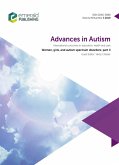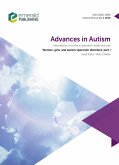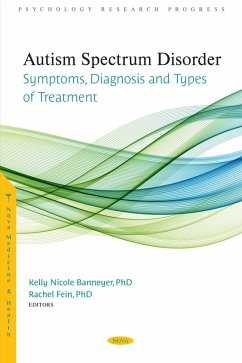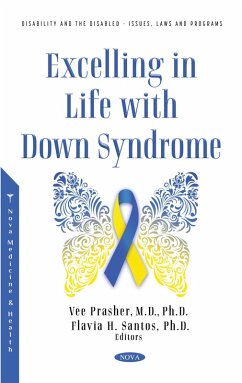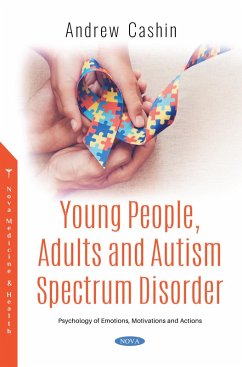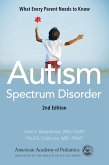The study of autism development disorders has been dominated by the neurodevelopmental paradigm for almost 50 years. This book challenges the exclusivity of the neurodevelopmental paradigm by using unique population cohort data to study recurrence risk of ASD in Israel. Randomness in the timing of ASD diagnoses of index children is exploited, as in a natural experiment, to randomize within-group reproductive stoppage. Some parents of children on the spectrum consciously refrained from reproductive stoppage by having further children. Other parents had further children before their index child was diagnosed. The former parents raised their further children having gained experience in raising children on the spectrum. The latter parents raised their children under a veil of ignorance, to be broken when their index children were diagnosed. Whereas neurodevelopmental theory predicts that recurrence risk is the same for both types of parents, behavioral theory predicts that they should be different. Population cohort data for Israel corroborate the predictions of behavioral theory. Indeed, corroboration applies in four different tests. More generally, the author calls for a level playing field in which behavioral theory of recurrence risk is placed on an equal footing as the dominant neurodevelopmental paradigm. He also argues for methodological pluralism in which the epidemiological toolbox is augmented with methods from statistics and econometrics. In summary, the author offers a critique of the current state of research on recurrence risk of ASD.
Dieser Download kann aus rechtlichen Gründen nur mit Rechnungsadresse in A, B, BG, CY, CZ, D, DK, EW, E, FIN, F, GR, HR, H, IRL, I, LT, L, LR, M, NL, PL, P, R, S, SLO, SK ausgeliefert werden.




